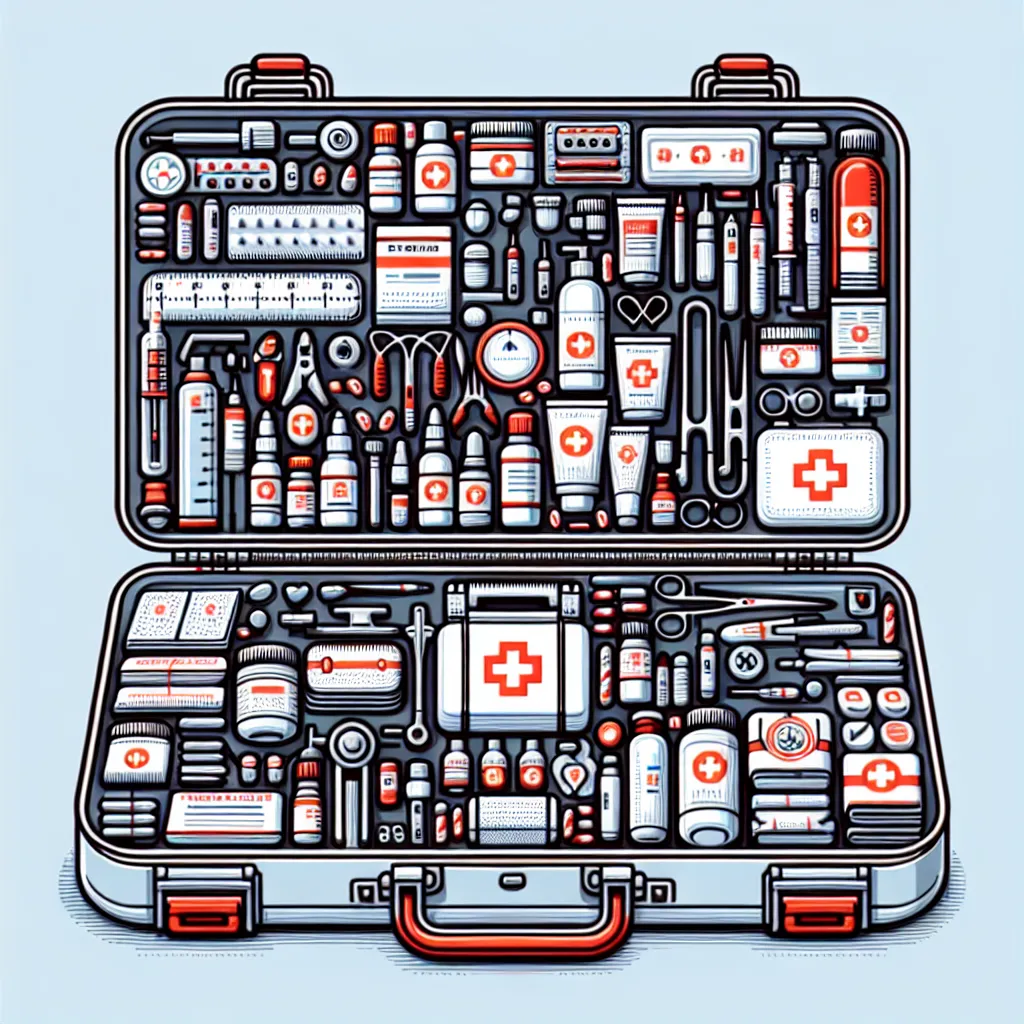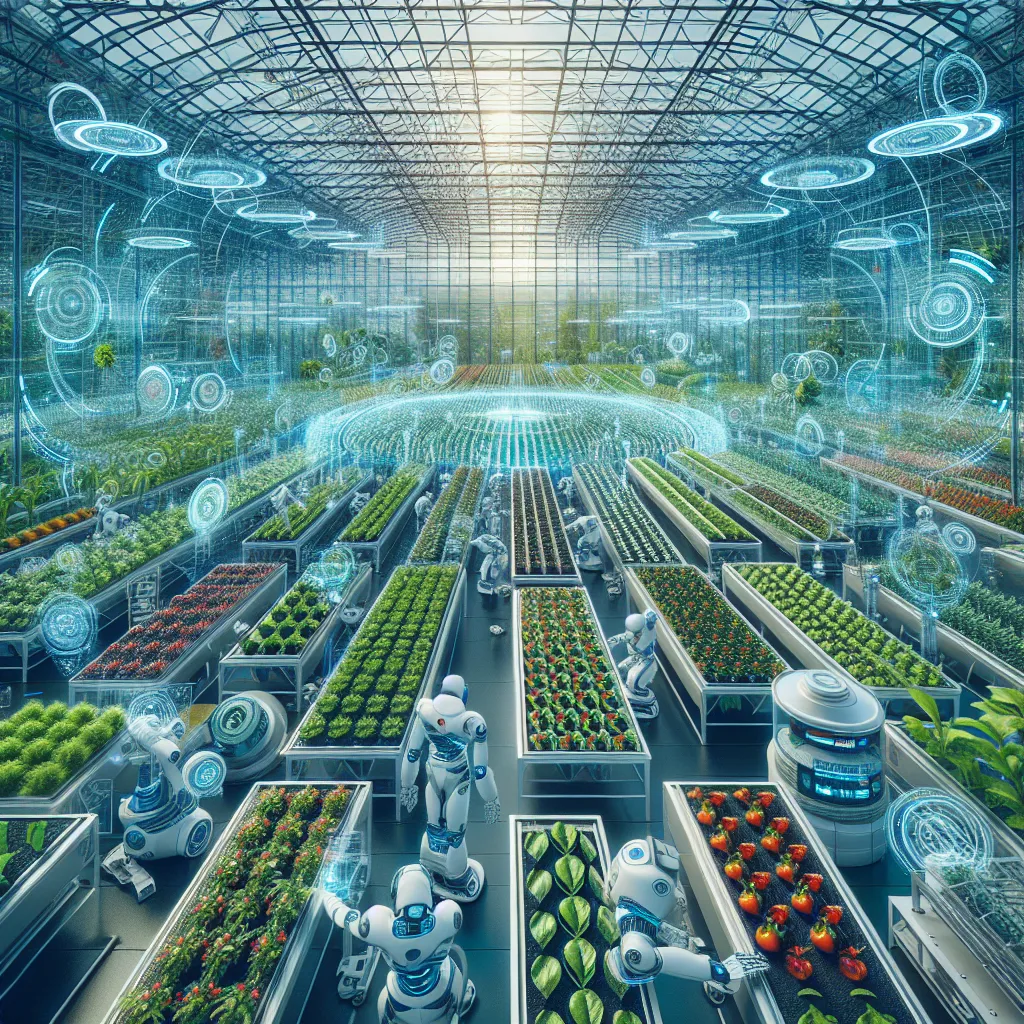The role of foreign aid in promoting economic development in developing countries is crucial and multifaceted. Aid contributes to infrastructure, education, healthcare, and human capital development, ultimately enhancing the economic potential of the recipient countries. Additionally, it supports the transfer of knowledge and technology, thereby improving local industries and increasing competitiveness in the global market. While aid brings opportunities, challenges such as aid dependence, corruption, and mismanagement must be addressed. It is essential to design aid strategies that maximize opportunities, foster partnerships, and prioritize local ownership to ensure long-term positive impact on economic development in developing countries.
Optimizing Rations for Military Personnel: A Comprehensive Analysis
The article on “The Importance of Nutritional Optimization for Military Performance” emphasizes the crucial role of balanced nutrition in enhancing the physical and mental capabilities of military personnel. It discusses the impact of ration optimization on the well-being and performance of service members, highlighting the need for meticulous planning to provide essential nutrients and energy. Furthermore, the article examines strategies for enhancing rations, emphasizing the importance of nutrient-dense foods and considering the preferences and dietary requirements of military personnel. Overall, it presents a comprehensive analysis of how nutritional optimization directly influences soldiers’ strength, mental alertness, and operational readiness, making it a compelling read for anyone interested in maximizing military effectiveness through nutrition.
The Rise of Subscription Packs: A Consumers Guide
The rise of subscription packs has fundamentally transformed consumer access to a variety of products and services, offering convenience, cost savings, discovery, and flexibility. The allure of these packs lies in their ability to streamline the consumption experience with a single payment while offering discounts and exclusive offers. Furthermore, the element of surprise and discovery adds excitement to the consumer experience, introducing them to new products or experiences. Notably, the flexibility inherent in subscription packs empowers consumers to customize their experiences to suit their evolving needs and preferences. As the popularity of subscription services surges, understanding the key components and evaluating individual needs and preferences will be essential for making informed decisions and finding the most suitable option.
Challenges and Opportunities in Aid Distribution
The struggle of delivering aid to remote areas poses a complex challenge for humanitarian organizations, as logistical hurdles and adverse weather conditions often result in delayed or inadequate aid distribution. However, advancements in technology, such as drones and data analytics, offer opportunities to improve aid delivery, optimizing resource allocation and minimizing delays. Despite the complexity of the task, with ongoing development of innovative approaches and unwavering dedication, there is potential to ensure aid reaches even the most isolated communities in need. Transforming aid distribution, while presenting challenges, also brings opportunities through technological innovations, data-driven insights, and community partnerships, ultimately leading to more efficient and impactful distribution of aid, and improving the lives of those in need.
Essential Items for Your Aid Kit: A Complete Guide
The article “Essential Items for Your First Aid Kit” highlights the crucial components necessary for assembling a comprehensive first aid kit. Stressing the importance of addressing minor injuries and managing emergencies, it emphasizes the inclusion of essential items like adhesive bandages, gauze, antiseptic wipes, adhesive tape, tweezers, scissors, gloves, a thermometer, and a CPR mask. Additionally, it underscores the significance of a basic first aid manual to provide instructions for administering aid in various situations. Furthermore, it encourages readers to be better prepared by having a well-stocked first aid kit, emphasizing that being equipped with these essentials can make all the difference in providing effective care during unexpected injuries and emergencies, whether at home, in the car, or during outdoor activities.
Building the Perfect Aid Kit: Must-Have Supplies
In order to build a perfect first aid kit, it is essential to include medical supplies such as adhesive bandages, sterile gauze pads, and adhesive tape for dressing wounds, as well as an instant cold pack, thermometer, and over-the-counter medications for managing common symptoms. Additionally, having sharp scissors, tweezers, and disposable gloves to aid in wound care and minimize infection risk is crucial. Assembling these supplies ensures being well-prepared to address a wide range of minor injuries and medical needs that may arise, making a significant difference in providing immediate care in emergency situations. Moreover, when creating an emergency kit, it is important to include basic medical supplies, tools for emergency situations, non-perishable food items, water, personal hygiene products, and important documents in a waterproof container to better handle unforeseen circumstances and ensure safety and well-being.
The Role of Purification in Environmental Sustainability
The article underscores the critical role of purification in environmental conservation by emphasizing its significance in maintaining ecological balance and ensuring human health. It highlights the detrimental impact of pollution on water and air resources and advocates for the use of purification processes to mitigate these effects. Additionally, it discusses the essential link between purification and sustainable development, citing examples of how water, air, and soil purification are fundamental for achieving long-term ecological health and human well-being. The concise and comprehensive exploration of these topics encourages readers to delve deeper into the interconnectedness of purification and environmental sustainability, making it a compelling read for anyone interested in the preservation of our planet.
Innovative Technologies for Air Purification in Urban Environments
The article discusses the advancements in nanotechnology for air purification in urban environments, highlighting the potential of nanomaterials such as titanium dioxide and carbon nanotubes in capturing and degrading air pollutants at the molecular level. It also explores the role of AI and machine learning in improving urban air quality, emphasizing their contribution to real-time monitoring of air pollutants and the development of targeted solutions. Additionally, the article delves into sustainable solutions, focusing on the use of renewable energy, particularly solar-powered air purification systems, to address urban air pollution. Overall, the article presents a comprehensive overview of cutting-edge technologies and their potential impact on creating sustainable and healthier urban environments, making it a compelling read for those interested in the intersection of technology and environmental sustainability.
The Future of Food Supplies: Challenges and Opportunities
The article “Feeding the World: The Future of Food Supplies” delves into the complexities and challenges of meeting the global population’s increasing food demands. It highlights the impact of climate change on agricultural productivity, emphasizing the necessity of climate-resilient agriculture and the development of drought-tolerant crops. Additionally, the article underlines the critical need for sustainable practices to conserve natural resources and mitigate environmental degradation. Furthermore, it discusses opportunities for revolutionizing food supplies through technological advancements, such as biotechnology, genetic engineering, vertical farming, and aquaponics. The article ultimately advocates for a multi-faceted approach that integrates sustainable practices, technological innovations, and international collaboration to ensure a future where everyone has access to ample and nutritious food supplies. It presents a compelling and comprehensive outlook on the future of food supplies, urging readers to consider the intricate balance between meeting rising food demands and preserving the environment.
Exploring the Rise of Plant-Based Diets in the Food Industry
The article “The Evolution of Plant-Based Diets in Nutrition” explores the growing trend towards plant-based diets, driven by factors such as health awareness, sustainability, and ethical considerations. It discusses how plant-based diets have evolved to meet the nutritional needs of the average individual, offering a wide array of essential nutrients and flavorful options. Scientific research supporting the health benefits of plant-based diets, such as reducing the risk of chronic diseases and improving overall mortality rates, further emphasizes their role in promoting long-term well-being. Moreover, the impact of plant-based diets on the food industry is highlighted, with the transformation of the food market and the reshaping of the retail landscape to accommodate the increasing demand for plant-based products. The article presents a compelling case for the significance of plant-based nutrition in shaping the future of food consumption, emphasizing their diverse benefits for both individuals and the planet.









